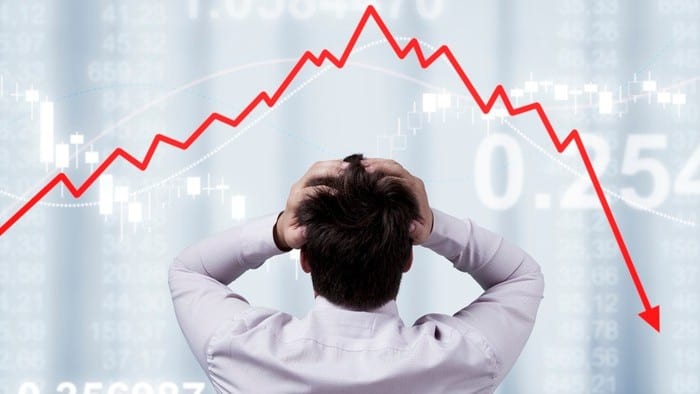What a sorry story the Magellan Financial Group Ltd (ASX: MFG) share price has been for investors over the past few years. It was only back in early 2020 that this ASX 200 fund manager was hitting all-time highs of over $74 a share.
Today, Magellan closed at $15.32 a share, up 3.51% for the day.
Sure, Magellan has bounced lucratively (around 30%) off of its 52-week low of $11.10 over the past month or so.
But the company is still down by almost 20% in 2022 alone, and by 66% over the past 12 months. It's also down around 80% from the all-time high of February 2020.
Fee fi fo FUM
Unfortunately, the problem Magellan is having is arguably structural. As a fund manager, Magellan's bread and butter is funds under management (FUM). A fund manager like Magellan manages its client's money on their behalf. But for this privilege, it clips the ticket.
Typically, funds like Magellan charge fixed fees on the total capital invested, plus a performance fee if the fund's performance exceeds its benchmark.
Thus, the only real way for a fund manager like Magellan to grow its earnings over time is by either delivering consistent outperformance or growing its FUM.
If it can do both, it can unlock a flywheel effect, where investors are drawn to the manager for its ability to deliver outsized returns, thus increasing FUM.
But unfortunately for this company, the inverse scenario, which one could pessimistically call a 'death spiral', seems to be occurring.
Back in February 2020, Magellan reported that its FUM stood at $104.31 billion.
Last week, the company reported its FUM, as of 31 July, was just $60.2 billion, having slid around $1 billion from the prior month.
The reasons for this loss of confidence from investors are many. We have the dramatic departure of Magellan co-founder Hamish Douglass to consider. As well as the loss of several high-profile investment mandates, such as the one from St James' Place.
What's gone so wrong with the Magellan share price?
But the root of Magellan's problems arguably comes from the performance of its funds themselves.
Take the company's flagship Global Fund. As of 31 July, the Magellan Global Fund has lost 9.8% over the preceding 12 months, against its benchmark's (the MSCI World Net Total Return Index) loss of 4.31%.
Over the past three years, this fund has averaged a performance of 2.83% per annum, trailing the benchmark's average of 9.13%. Over ten years, the fund has averaged 14.01% against the MSCI's 14.83%.
That's probably enough to prompt investors to ask what they are paying a management fee of 1.35% per annum for.
Magellan's High Conviction Fund, which investors pay a fee of 1.5% per annum to invest in, hasn't done much better. It's averaged a negative return of 0.46% per annum over the past three years.
So we have underperforming funds, and ongoing bleeding of FUM – perhaps an inversion of the flywheel effect we discussed earlier.
It's too soon to say if Magellan is in such a 'death spiral'. But unless the company can boost its funds' returns, it could struggle to attract additional FUM going forward.
At the current Magellan share price, this ASX 200 fund manager has a market capitalisation of $2.83 billion, with a price-to-earnings (P/E) ratio of 8.5.









